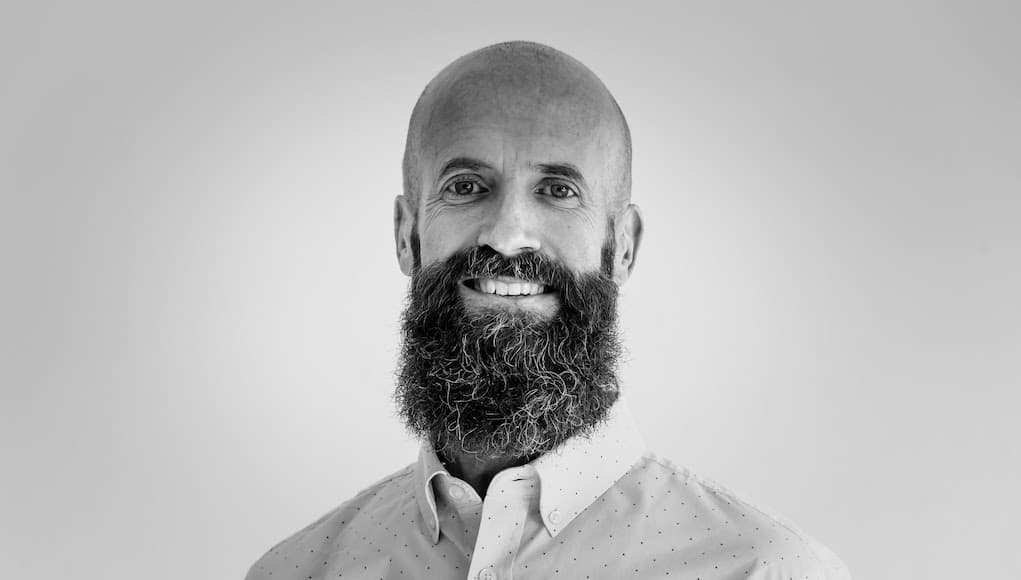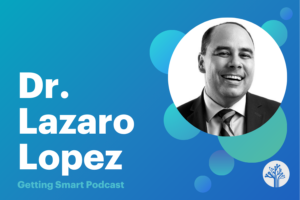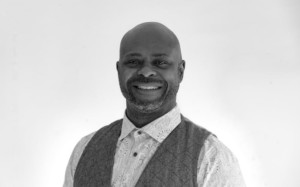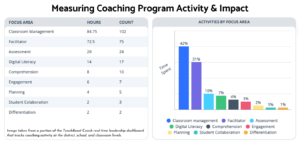Getting Clearer: Liberatory Coaching

By: Matt Thompson
Injustice and oppression have always been woven throughout our systems, but are laid bare in painful ways during this COVID-19 crisis. The reasons for taking a liberatory approach in how we think about school are only heightened during the current challenges we face. This series from New Tech Network coaches will explore what that might mean for how we show up for one another.
“If you have come to help me, you are wasting your time. If you have come because your liberation is bound up with mine, then let us work together.” – Lilla Watson
In my work as a school development coach for New Tech Network over the last eight years, I’ve worked in a wide range of school and community contexts across the country. Partnering with teachers, school leaders, and district leaders with vastly different lived experiences and views disrupted my early assumptions of what it meant to be a coach for someone. And, ever since, I’ve been actively learning about what it means to be a coach, regardless of if “coach” is formally named in your role.
I believe in education as the practice of freedom, through which students become critically conscious of their reality and how they engage it, as Paulo Freire and others have rightfully pointed to. But I’ve been thinking about that more expansively over time in my coaching. The liberation I seek isn’t just for the students.
The staff in schools and districts are also wrapped up in our oppressive system of education that predictably generates its inequitable outcomes… for everybody. The more recent rounds of teacher strikes point to the dissatisfaction with an education system that doesn’t serve the adults either. Getting the chance to serve as a coach for someone offers me a moment, and hopefully more moments, to be partners in our liberation.
We can’t expect classrooms to develop critically conscious students if the adult relationships in a school or district are anything but liberatory. The degree to which a staff team or individual staff member feels empowered in a shared commitment can typically be felt when you walk in the room. And that adult culture, good or bad, liberatory or oppressive, spills out all over the school and/or district.
As a coach, I get an opportunity with another human, if they are open to it, to model a relationship that is empowering and connecting. And this requires me not viewing that adult as just some through-line to student performance, or as just some cog in the wheel. That will only add to the messages that deprofessionalize and dehumanize educators, and they will respond accordingly in self-preservation.
Coaching done well offers a moment to fully see the other adult in front of me, to be their critical co-investigator in interrogating what’s working, what isn’t, why, what better looks like, and what they want to do in pursuit of better. And even absent a focus on development over time, I find that just being listened to well is a liberating practice on its own, particularly in a culture where that doesn’t happen often enough.
I see coaching as an act of love. And the people who love me best support and affirm me in my growth, and they give me the truths I need to understand – the hard stuff that I may not want to see but need to. I’m working to get better at this in my coaching, those confrontational aspects of coaching. What has been interesting to me is that, more often than not, the hard coaching conversations actually take the coaching relationship and its possibilities to places previously inaccessible.
All of this requires me to stay curious and really humble. To take that notion of humility to a more proactive level, it requires me to acknowledge and check my power and privilege, particularly as a white heterosexual middle-aged cisgender male coming from outside the communities I’m working in. This requires a lot of self work for me.
I’m working to better understand the communities I work in, including their history, and how that is both different and similar to my lived experience. This includes seeking out the voices and perspectives of BIPOC. And I now carry with me the certainty that I’m not seeing everything, which anchors me back to curiosity about what sits below the tip of the iceberg I see on the surface. I read as much as I can about systems of oppression, both historically and present day. And I’ve worked to improve my internal dialogue: to be mindful and slow my thinking down, to better see my biases showing up, and to ask myself where my initial reactions come from.
The learning I’ve experienced through partnering with others as a coach has asked me to be a better person, and that isn’t neatly confined to my professional role. I’m getting better as a husband, dad, brother, friend, advocate, and activist too. As it turns out, my own liberation has been bound up in these coaching partnerships.
We each have our next interaction with an adult in a school (or elsewhere). We can choose how we show up in that moment. We can choose to dance around in surface conversations, or we can choose to dig into conversations that matter. We can lay out cold edicts for compliance, or we can partner warmly as a coach. We can choose oppression, or we can choose liberation. What will you choose?
For more, see:
Matt Thompson is a School Development Coach at New Tech Network. Follow him on Twitter @thompson_teach.
Stay in-the-know with innovations in learning by signing up for the weekly Smart Update.
This blog is part of an ongoing Getting Smart series called Getting Clearer. The nature of this series and of our blog is to have a diverse set of voices and ideas to help us and our audience get clearer. Are there topics that you’re interested in #GettingClearer about? Email [email protected](opens in new tab) with “Getting Clearer” in the subject line.







0 Comments
Leave a Comment
Your email address will not be published. All fields are required.